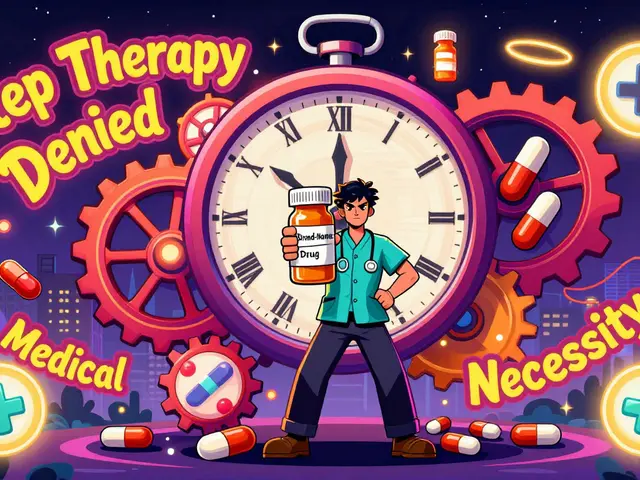Motion sickness — how to stop nausea, dizziness, and sweating on the move
Motion sickness happens when your inner ear, eyes, and body send mixed signals to the brain. That mismatch causes nausea, cold sweat, dizziness, and sometimes vomiting. It’s annoying, but you can usually reduce symptoms quickly with a few straightforward moves and safe medicines.
Quick fixes you can try now
Sit where motion is least felt: front seat in a car, over the wing on a plane, or mid-ship on a boat. Look at the horizon or a distant stable object — your brain likes a steady visual cue. Open a window or aim air vents at your face for fresh air. Avoid reading or using screens; they make the sensory mismatch worse.
Try ginger if you prefer natural options: ginger candy, tea, or capsules can ease nausea for many people. Acupressure wrist bands (Sea-Bands) press on the P6 point and help some travelers. Sip plain water, take slow breaths, and eat a light, plain snack (crackers or toast) rather than a heavy or greasy meal before travel.
Medicines and safety
Over-the-counter antihistamines like dimenhydrinate (Dramamine) or meclizine can prevent or lessen motion sickness. They work best if taken 30–60 minutes before travel. Expect drowsiness; don’t mix with alcohol and be careful if you need to drive. Scopolamine patches (behind the ear) are prescription in many places and can last up to 72 hours — apply about four hours before travel for best results. Promethazine is another option but usually needs a doctor’s prescription and can be sedating.
Children and older adults need extra care: not all medications are safe for young kids or people with certain medical conditions. Ask a pediatrician before giving motion-sickness drugs to a child. If you have glaucoma, prostate problems, or take other strong medicines, check with your doctor or pharmacist about interactions.
If you get motion sick often, try behavioral tricks: sleep before long trips, avoid heavy alcohol the night before, and practise gradual exposure if you’re sensitive. For virtual reality or gaming motion sickness, reduce field of view, take frequent breaks, and sit still during sessions.
When to see a doctor: if motion sickness is severe, causes repeated vomiting, or doesn’t respond to usual measures, check in with a healthcare provider. Also seek help if symptoms include fainting, severe headache, or vision changes — these could be signs of something else.
Simple habits go a long way. Pick your seat wisely, use fresh air, try ginger or an acupressure band, and consider an OTC antihistamine for predictable trips. With the right mix of prevention and safe meds, most people can travel without the misery of motion sickness.
The role of sleep and rest in managing dizziness caused by motion sickness
In my recent research on managing motion sickness, I discovered the crucial role sleep and rest play in alleviating dizziness. A good night's sleep before traveling can significantly reduce the chances of experiencing motion sickness. Additionally, taking short naps or closing your eyes during the journey can help your body to better cope with the symptoms. Prioritizing rest stops during long trips is also essential to prevent exhaustion, which can exacerbate dizziness. Overall, incorporating sleep and rest into our travel plans can make a huge difference in managing motion sickness and enjoying our journeys more comfortably.





